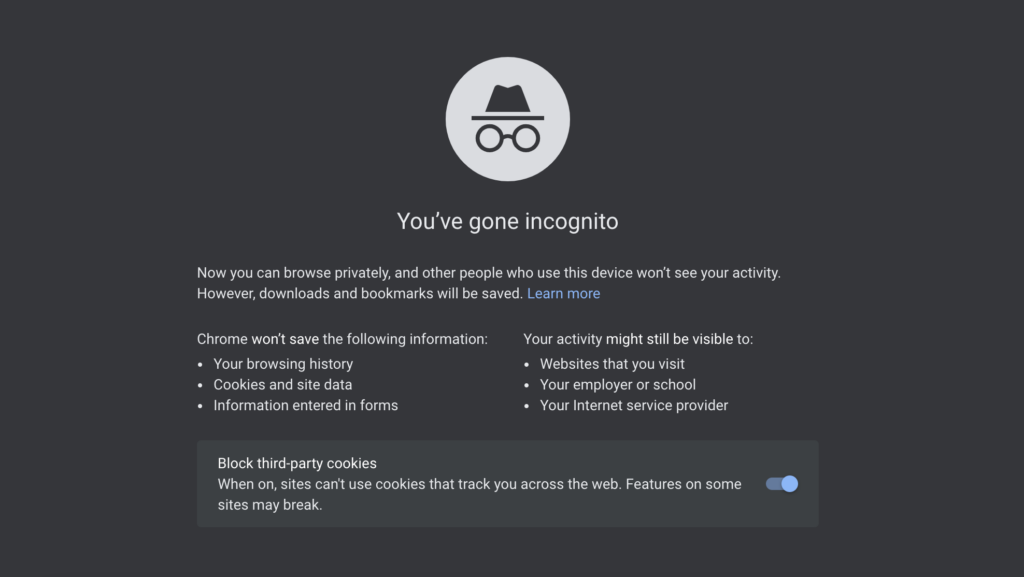Chrome’s Incognito Mode isn’t so private, suit claims – will Google pay a big price?

Google faces a $5 billion class action lawsuit over allegations the Chrome browser’s Incognito Mode private browsing feature isn’t so private after all.
The browser maker has failed in a bid to dismiss the 2020 lawsuit that claims Google continues to collects users’ browsing history regardless of whether they’re in Incognito Mode or not.
According to the suit filed in the District Court of Northern California, Google is “intercepting, tracking, and collecting communications” without asking for permission. That’s because the supposed privacy mode is still running plug-ins like Google Analytics and Google Ad Manager.
Efforts to prevent this suit making court failed late last week, when Judge Lucy Koh (a noted judge in many tech cases down the years) ruled Google “did not notify users that Google engages in the alleged data collection while the user is in private browsing mode.”
Related: Best VPN

Google is disputing the claims and pledges to “defend ourselves vigorously against them.” Indeed Google is arguing that it does inform users that some data will be collected during the browsing session, even if Incognito Mode is deployed.
“As we clearly state each time you open a new Incognito tab, websites might be able to collect information about your browsing activity during your session,” the company said in a statement (via Bloomberg).
Indeed, on a Chrome support page linked from Incognito Mode’s start-up page, Google explains what happens when you browse privately. However, it does not mention anything about the data Google itself collects. The page says:
Chrome won’t save your browsing history, cookies and site data, or information entered in forms.
Files you download and bookmarks you create will be kept.
Your activity isn’t hidden from websites you visit, your employer or school, or your internet service provider.
The complaint argues that “Google knows who your friends are, what your hobbies are, what you like to eat, what movies you watch, where and when you like to shop, what your favourite vacation destinations are, what your favourite colour is, and even the most intimate and potentially embarrassing things you browse on the internet — regardless of whether you follow Google’s advice to keep your activities ‘private.’”


